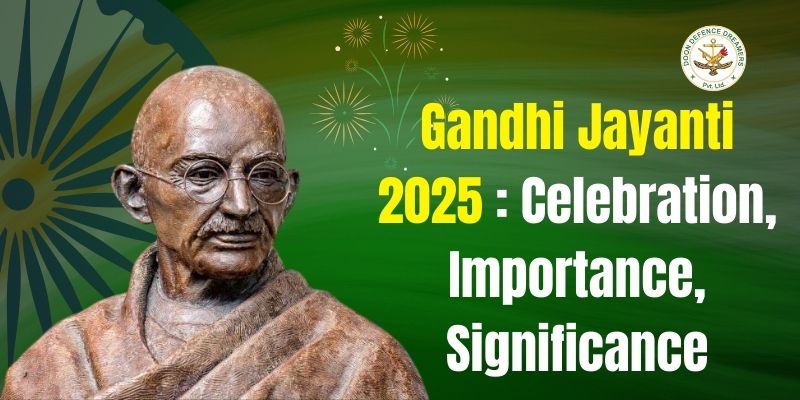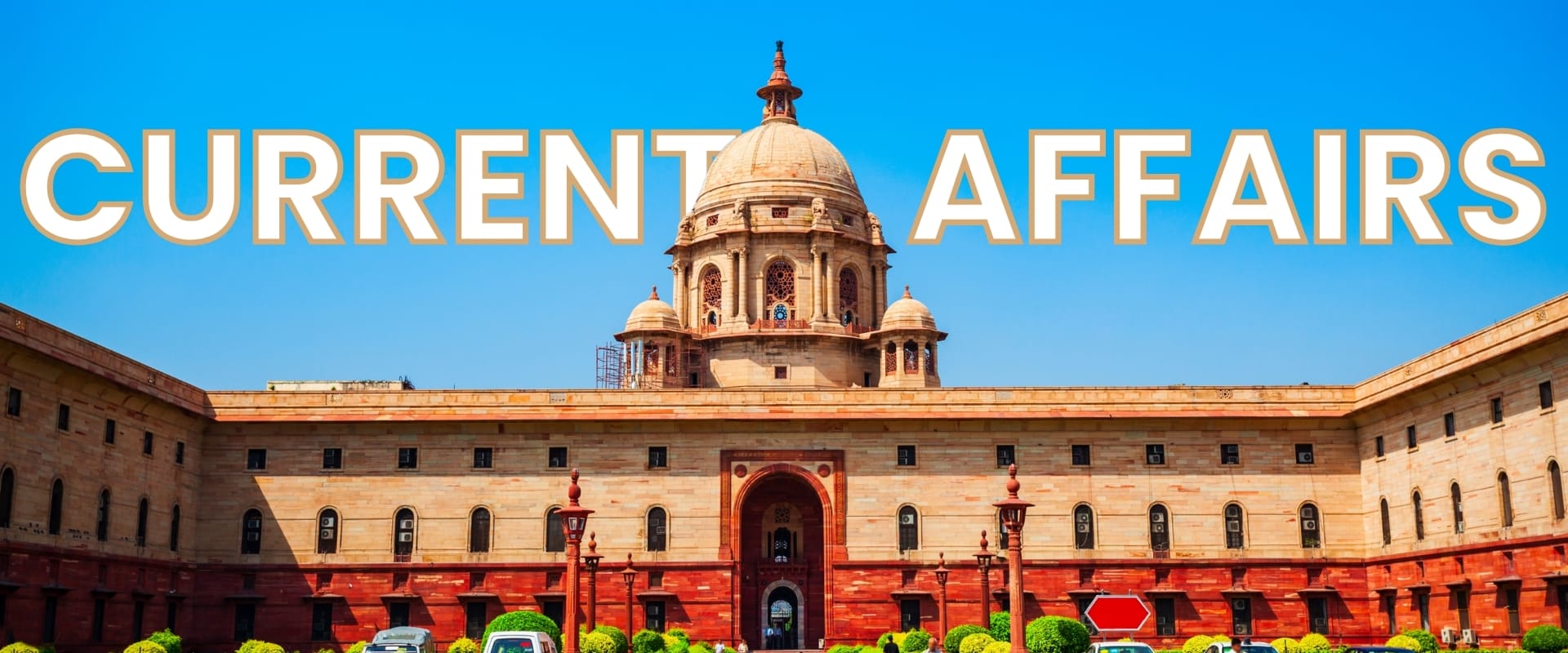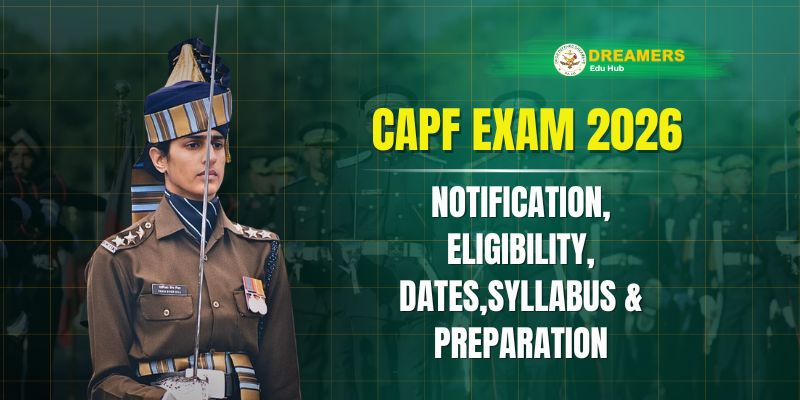October 2nd stands as one of India’s most important calendar days – Mahatma Gandhi Jayanti, which celebrates Mahatma Gandhi’s birthday. This Gandhi Jayanti holiday holds special significance as one of just three gazetted holidays celebrated throughout India.
The significance of Gandhi Jayanti extends beyond national borders. The United Nations recognized this date as the International Day of Non-Violence in 2007. People will gather for prayer meetings and sing devotional songs in 2025, with “Raghupati Raghava Raja Ram” – Gandhi’s favorite hymn – echoing across the nation. Millions of citizens also take part in the Swachh Bharat Abhiyan, which links this national holiday to the country’s cleanliness initiatives.
This piece delves into Gandhi Jayanti’s celebrations and lasting impact as we approach the 2025 commemoration. We’ll explore how various organizations honor this day and reflect on Mahatma Gandhi’s enduring teachings as a political leader, social reformer, and spiritual guide.
About Gandhi Jayanti and Its National Importance
Each year, Indians celebrate the birth anniversary of their most revered freedom fighter. About Gandhi Jayanti, people should understand the celebrations and their global impact that strikes a chord worldwide.
Why October 2 is celebrated
Indians celebrate Gandhi Jayanti on October 2. This day marks the birth anniversary of Mohandas Karamchand Gandhi, who was born in 1869 in Porbandar, Gujarat. Gandhi Jayanti 2025 will mark the 156th birth anniversary of the leader. People lovingly called him ‘Bapu’ and the ‘Father of the Nation’ because he led India’s independence struggle against British tyranny. His philosophy of Satyagraha focused on truth and non-violent civil disobedience. These principles shaped India’s path to freedom.
Gandhi created groundbreaking non-violent resistance methods, including the non-cooperation movement. These methods became the life-blood of the Indian Independence Movement. His teachings went beyond political freedom. They covered values of simplicity, self-reliance, vegetarianism, and peaceful coexistence that still matter as we approach Gandhi Jayanti 2025.
Is Gandhi Jayanti a holiday?
Yes, it is one of only three major public holidays celebrated in all states and union territories in India, including Bengal. The government made this date a bank holiday after India’s independence in 1947. This decision showed the nation’s deep respect for Gandhi’s contributions.
Gandhi Jayanti 2025 will see closed government offices, schools, and most businesses. The Gandhi Jayanti holiday became official after Gandhi’s assassination by Nathuram Godse in 1948. This nationwide celebration shows how everyone acknowledges his crucial role in shaping modern India.
UN recognition as International Day of Non-Violence
About Gandhi Jayanti, the recognition extends beyond India’s borders. The United Nations General Assembly declared October 2 as the International Day of Non-Violence in June 2007. The resolution received support from 140 countries. They acknowledged the “universal relevance of the principle of non-violence”.
The UN wants to “distribute the message of non-violence through education and public awareness”. This recognition shows how Gandhi’s philosophy surpassed geographical boundaries. His ideas inspired civil rights movements worldwide. Gandhi Jayanti 2025 will see both India and the international community renewing their dedication to these lasting principles of truth and non-violence.
The global celebration reminds everyone about peace, tolerance, and non-violent conflict resolution. Mahatma Gandhi’s birthday has become a powerful symbol. His teachings remain relevant in today’s challenges, promoting social justice and unity amidst Hindu-Muslim conflicts and other societal issues.
How Gandhi Jayanti 2025 Will Be Celebrated Across India
The nation is buzzing with preparations for Gandhi Jayanti 2025 as organizations plan heartfelt tributes to celebrate the Father of the Nation’s 156th birth anniversary. Communities across India will unite to honor this special day through prayer meetings and inspiring competitions.
Prayer services and bhajan recitals
Gandhi Jayanti 2025 celebrations will start with prayer meetings at Gandhi Ashrams and memorials nationwide, reflecting Bapu’s spiritual essence. Devotees will sing Gandhi’s cherished bhajans, especially “Raghupati Raghav Raja Ram” that echoes messages of unity and peace. The day begins with floral tributes, and people participate in interfaith prayers and devotional songs that Gandhi loved. These prayer services create a space where people connect with Gandhi’s spiritual legacy.
School and college competitions
Schools and colleges play a crucial role in keeping Gandhi’s teachings alive for future generations. Students will participate in debates, essay competitions, painting contests, and cultural programs that showcase Gandhi’s ideals. Winners receive prizes that encourage leadership and responsibility. Students at Chaitanya Bharathi will perform plays that bring Gandhi’s life and freedom struggles to life. These activities help students understand about Gandhi Jayanti and its relevance today.
Tributes at Raj Ghat and other memorials
Leaders, officials, and citizens will gather at Raj Ghat in New Delhi, Gandhi’s cremation site, to pay homage through floral wreaths and prayer meetings. The Martyr’s Column where Gandhi was assassinated and the Triveni Sangam hold special meaning in these commemorations. People will decorate Gandhi statues and portraits nationwide with flowers and garlands.
Public participation and community events
Gandhi Jayanti 2025 will see people participate in cleanliness drives inspired by the Swachh Bharat Mission. Communities will come together through service initiatives to clean public spaces, plant trees, and promote hygiene. Peace rallies will echo with “Gandhiji Ki Jai Ho” slogans. People can learn about Gandhi’s life through exhibitions, documentaries, and films, making about Gandhi Jayanti educational for everyone.
Gandhi Jayanti Celebration at Doon Defence Dreamers
Doon Defence Dreamers (the best defence coaching academy in dehradun) will celebrate Gandhi Jayanti 2025 through unique educational activities that line up with Gandhian principles of character development and national service. The institution celebrates distinctively by combining patriotism with practical learning.
Special events and student participation
The academy’s Gandhi Jayanti 2025 celebration begins with a solemn oath ceremony where cadets pledge their dedication to personal and environmental cleanliness. Students will lead an extensive cleanliness drive that embodies Gandhi’s vision of sanitation. The campus will feature special “Swachhata Hi Sewa” selfie points at entry areas to involve students with Gandhian values digitally.
Cultural programs and speeches
Students will present meaningful cultural performances including the timeless “Raghupati Raghav Raja Ram” bhajan. Young cadets will craft representations of Gandhi’s iconic “three wise monkeys” that symbolize moral conduct. The following table outlines key cultural elements:
| Activity | Purpose | Participants |
| Peace March | Honor non-violence principles | All cadets |
| Cultural performances | Showcase Gandhian values | Selected students |
| Speeches | Reflect on relevance today | Faculty and cadets |
Reflection on Gandhi’s teachings
The institution plans thoughtful discussions about Gandhi Jayanti that focus on non-violence in cadets’ daily lives. Students will paint Gandhi’s portraits while contemplating his ideals. Historical works like “The Making of the Mahatma” will be screened to help students understand Gandhi’s journey and philosophies better.
Legacy and Significance of Mahatma Gandhi
Mahatma Gandhi’s legacy reaches way beyond India’s borders and continues to show paths toward justice and peace as we approach Gandhi Jayanti 2025. His principles remain powerful and relevant today, decades after his assassination.
Gandhi’s role in Indian independence
Gandhi led India’s freedom struggle through several key movements. He started with the Champaran Satyagraha (1917) to help indigo cultivators and the Kheda Satyagraha (1918) to support peasants against unfair taxation. These struggles helped him prove satyagraha as an effective resistance method. The Salt March of 1930 became his most remarkable campaign that led to over 60,000 arrests. Gandhi brought together rural and urban India, which made independence a shared national goal.
Philosophy of non-violence and Satyagraha
Satyagraha – which means “holding firmly to truth” – formed the core of Gandhi’s approach. This philosophy combined truth (Satya) with non-violent civil disobedience (Ahimsa) and self-suffering (Tapasya). Non-violence wasn’t just a strategy for Gandhi but a way of life. He believed moral courage was stronger than physical force. During about Gandhi Jayanti, people often remember how he saw truth as the ultimate reality and non-violence as its practical expression. His methods aimed to heal and convert opponents rather than defeat them.
Impact on global peace movements
Gandhi’s methods have deeply affected peace movements worldwide. Leaders like Martin Luther King Jr. in the United States, Nelson Mandela in South Africa, and César Chávez in America drew inspiration from his teachings. The United Nations recognized his global influence by declaring October 2 as the International Day of Non-Violence. Gandhi Jayanti 2025 celebrations remind us how Gandhi’s philosophy helps resolve conflicts, protect human rights, and promote diplomacy in today’s troubled world.
Swachh Bharat Mission and its connection to Gandhi
About Gandhi Jayanti also highlights Gandhi’s belief that cleanliness is essential for individual and social wellbeing. His quote “Cleanliness is next to Godliness” inspired the Swachh Bharat Mission, launched on October 2, 2014—Gandhi’s 145th birth anniversary. Prime Minister Narendra Modi started this nationwide campaign to meet Gandhi’s dream of a clean India by October 2, 2019. The mission achieved impressive results with over 107 million new toilets and more than 603 thousand villages becoming free from open defecation.
Key Takeaways
Gandhi Jayanti 2025 represents more than a public holiday—it’s a global call to action for peace, cleanliness, and moral leadership that continues to inspire millions worldwide.
• Gandhi Jayanti is one of only three national holidays in India and recognized by the UN as International Day of Non-Violence since 2007
• Celebrations include prayer services, educational competitions, tributes at memorials, and community cleanliness drives inspired by Swachh Bharat Mission
• Gandhi’s philosophy of Satyagraha (truth-force) and non-violent civil disobedience influenced global peace movements and leaders like Martin Luther King Jr.
• The day connects historical legacy with modern initiatives, making Gandhi’s vision of a clean, peaceful India relevant for contemporary challenges
• Educational institutions and organizations use this occasion to teach younger generations about applying Gandhian principles to present-day contexts
Gandhi Jayanti 2025 serves as both a tribute to the Father of the Nation and a practical platform for ongoing social reform, demonstrating how timeless values can address modern societal needs.
FAQs
Q1. Why is Gandhi Jayanti celebrated on October 2?
Gandhi Jayanti is celebrated on October 2 to commemorate Mahatma Gandhi’s birthday, who was born on this day in 1869. It honors his pivotal role in the Indian Independence Movement and his philosophy of non-violence.
Q2. How is Gandhi Jayanti observed across India?
Gandhi Jayanti is observed through prayer meetings, bhajan recitals, and tributes at memorials like Raj Ghat and Gandhi Smriti. Schools organize essay competitions, while communities participate in cleanliness drives and peace rallies to honor Gandhi’s principles. Commemorative ceremonies, art exhibitions, and book readings are also common.
Q3. What is the global significance of Gandhi Jayanti?
The United Nations has recognized October 2 as the International Day of Non-Violence since 2007, highlighting the universal relevance of Gandhi’s principles of peace and non-violent civil disobedience in addressing global conflicts. Gandhi’s influence as an anti-war activist and proponent of moral domination continues to inspire peace movements worldwide.
Q4. How does Gandhi Jayanti connect to modern India?
Gandhi Jayanti is linked to contemporary initiatives like the Swachh Bharat Mission, which was launched on October 2, 2014, to fulfill Gandhi’s vision of a clean India. It serves as a reminder to apply his principles to current challenges, including social reform and addressing Hindu-Muslim conflicts.
Q5. What activities do educational institutions organize for Gandhi Jayanti?
Educational institutions organize debates, essay competitions, painting contests, and cultural programs centered on Gandhi’s ideals. These activities help students understand and apply Gandhian principles in contemporary contexts, promoting unity and diversity. Some institutions also conduct book readings and present awards to individuals embodying Gandhian values.

































